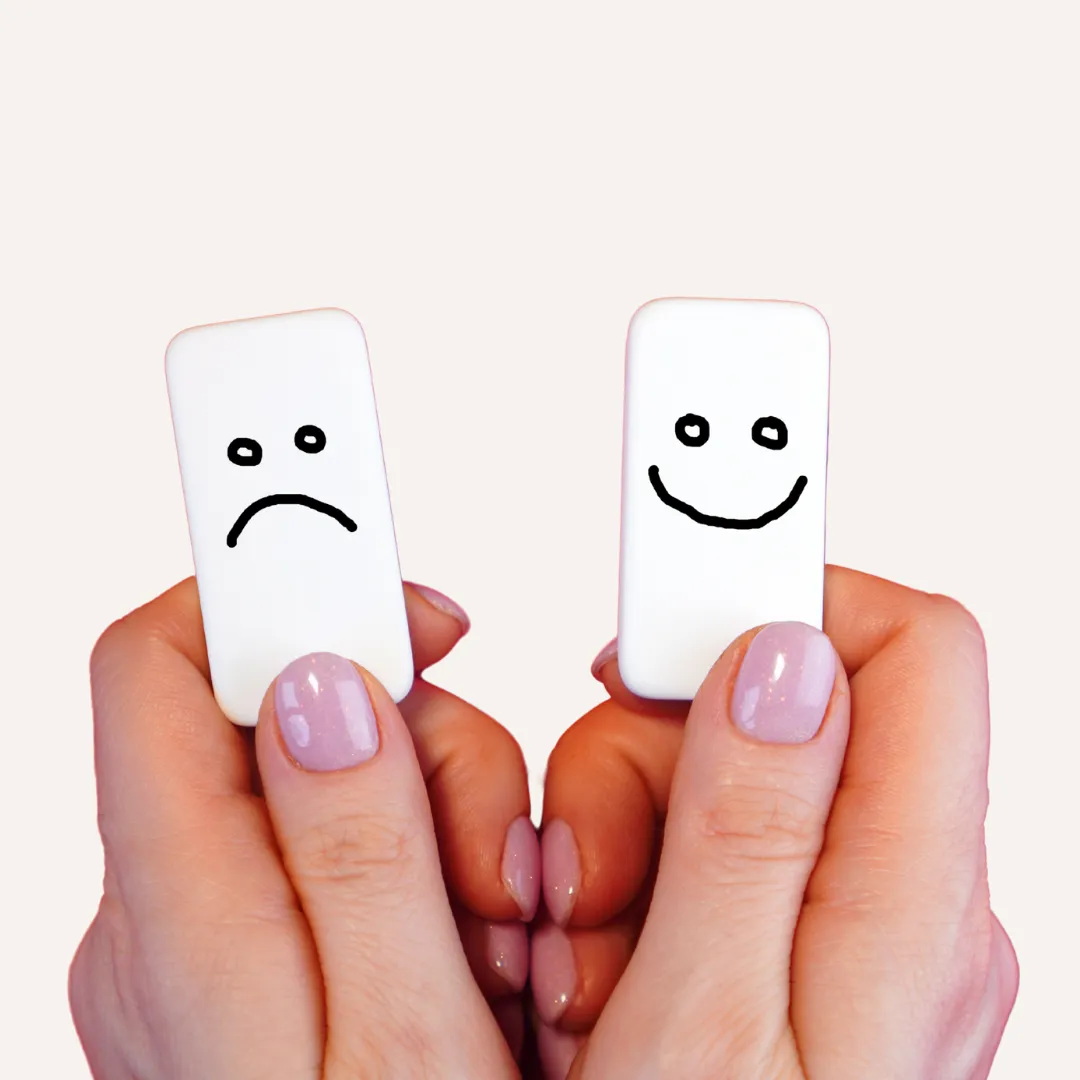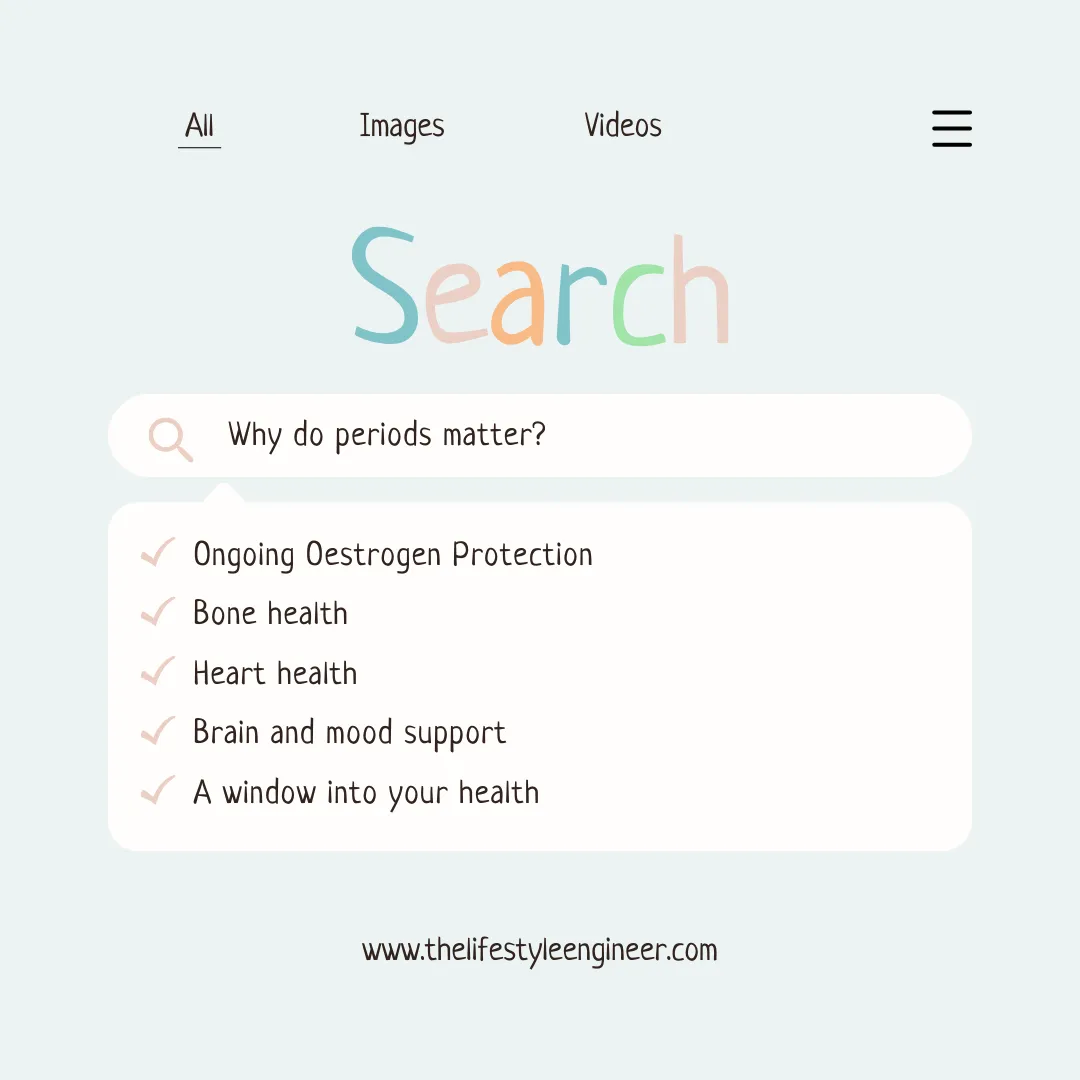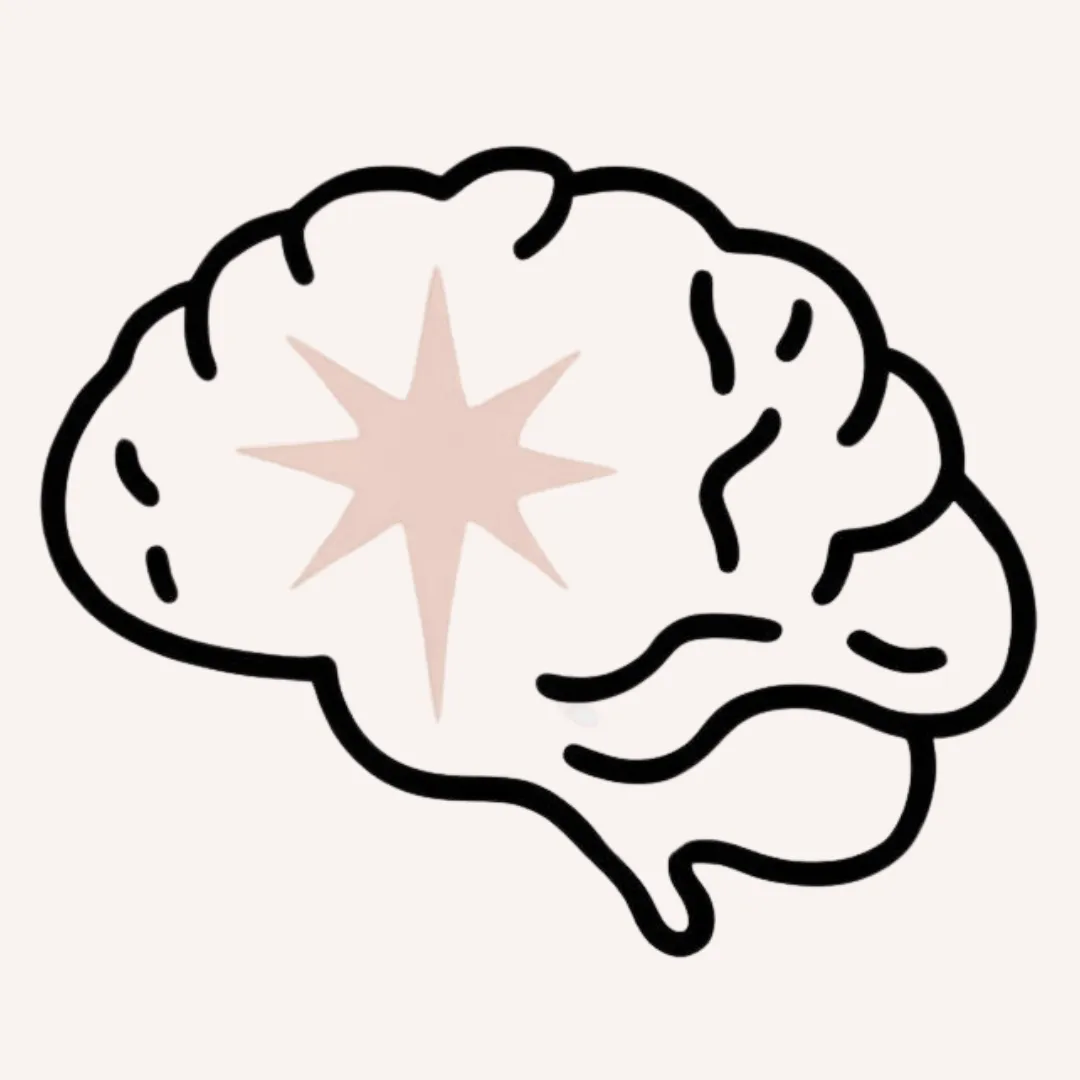The Lifestyle Library

Food and Mood
As a society, we are seeing record investment in mental health and yet the rates of mental health crisis in our communities continue to escalate. It’s a complicated issue and is one that is linked to so many aspects of our modern world.
We are seeing more and more children and teenagers diagnosed with anxiety, depression and feelings of helplessness. And if we want a society where our children can thrive, we need to underdress some of the underlying issues causing these mental health experiences.For many people, antidepressant medications either don’t work or they create a dull, lifeless existence. As scientists continue to understand the workings of the body and the link between the gut and the brain, we are edging closer to helping more people to live lives without mental health disorders.
Diet is a big factor in the occurrence of anxiety and depression, with a diet high in processed foods linked to higher rates of these conditions.
Studies consistently show that diet is a big factor in the occurrence of anxiety and depression, with a diet high in processed foods linked to higher rates of these conditions. Our diet has changed dramatically over the last three decades. Processed foods have become affordable, and relied upon as a source of daily energy, especially for children. Processed foods such as chips, chocolates, biscuits and soft drinks are often consumed daily by school aged children and yet these are not foods that support healthy mental health.
But how does food actually affect mood?
Different bacteria grow on different types of food. The more we eat a certain type of food, the more that particular organism grows. Processed foods change the bacteria that resides in our gut (our microbiome) - billions of organisms that process everything that enters our body. We want a colony of bacteria that is diverse, balanced and weighted more heavily on the variety of bacteria species that thrive on whole foods. When we consume chemicals disguised as food, our gut microbiome becomes filled with bacteria that thrive on processed foods. The gut and brain communicate through the gut-brain axis, with messages sent from the gut to the brain.
Half of all mental health disorders occur before the age of 14 years. By changing the habits of families and young people, we can prevent many people from experiencing mental health challenges throughout their lives.
Some foods such as emulsifiers strip the mucosal lining of the gut which protects the cells from breaking apart and letting proteins into the bloodstream. When the gut wall opens we have leaky gut and toxins exit the gut and travel to the brain. The shift from diets high in whole foods to diets high in processed foods, has seen a rapid increase in media marketing of processed foods. These foods are not only socially acceptable but are now considered a normal part of daily life. These foods are highly palatable due to the chemicals used to create false information between the taste receptors on the tongue and the messages received by our brain. Yet these foods are terrible for our gut and brain health!
We also see low mood when poor diversity and quantities of protein are consumed as amino acids impact on our mood too. Focusing on what we eat should be the cornerstone of any plan to improve mental health. But it’s not a solution that many people want to hear. Half of all mental health disorders manifest before the age of 14 years. By changing the habits of families and young people, we can prevent many people from experiencing mental health challenges throughout their lives. We need to create environments where a healthy choice is an easy choice for teenagers. Where whole foods are just ‘food’ and where chemicals labelled as food is not offered. School canteens could certainly make life easier for parents by removing processed foods. We cannot expect our young people to thrive when during the school day they have access to processed foods. As busy families, we can include more whole foods at the dinner table as often as we can. And we can teach ourselves, our children and teenagers to listen to our bodies and see how we feel when we eat certain foods.
The desire to make better choices comes from within when we want to feel better,
If anything in this article has caused you distress or triggered you, please reach out to a mental health service such as Lifeline 13 11 14.





